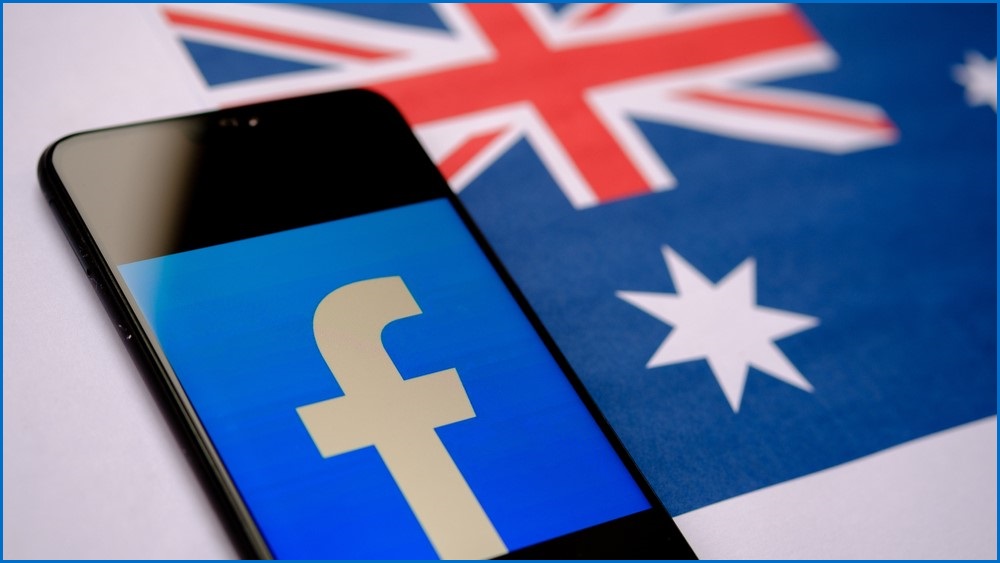Australia media companies of all sizes have demanded the federal government put its news bargaining code into action and designate tech firms to force them to enter into deals to use their content.
The Joint Select Committee on Social Media and Australian Society held its first public hearing in Canberra on Friday, with witnesses including the bosses of Australia’s largest media companies and an alliance representing smaller, independent publishers.
The media companies presented a united front in urging the government to designate Facebook parent company Meta under the News Media Bargaining Code and to expand this scheme to include a range of other tech platforms including Instagram and YouTube.
But while the larger media businesses pushed for these tech giants to be banned from Australia if they don’t abide by this law, the smaller publishers warned of “potentially devastating” impacts if this is allowed to happen.
The Parliamentary inquiry was stumped up by the federal government in part due to news that Meta would not be renewing any of its deals with Australian media companies.
These deals, worth about $70 million annually, were signed following the introduction of the News Media Bargaining Code in 2021, which gives the government the power to designate certain tech companies and force them into arbitration to determine revenue-sharing deals for the use of news content on their platforms.
These existing deals were struck outside of the code, and the federal government is yet to put the code into use and designate a company under it.
With Meta’s withdrawal from supporting Australian news, there is now a growing push for the tech giant to be designated to force it to renegotiate deals.
“Right now, Meta is preparing to blackmail not just us in the news industry but you as a government,” News Corp Australia executive chair Michael Miller said.
“By refusing to renew its agreement to pay for news content, Meta is daring Australia to apply the laws this Parliament was united in passing three years ago.
“They’re ready to say, ‘if you dare designate us, we will punish you by blocking access to Australian news’.
“This is a demonstration of how they behave – they don’t negotiate, they dictate.”
Possible designation
The federal government has already begun the process of potentially designating companies under the bargaining code by requesting information from all relevant parties on whether there is a “significant bargaining power imbalance”.
If a company is designated under the code, they would be forced to enter into baseball-style arbitration if they cannot work out a revenue-sharing deal with a media company.
Under this arbitration, both parties will present a final offer and a mediator will select from one of these proposals.
If a company like Meta refuses to be involved in this process and instead bans all local news, as it has done in Canada, they should be banned entirely, Miller said.
“If they don’t want to play by our rules then I think you should ban them,” he said.
“If they don’t want to play by Australian laws, then why do we want them here?”
Impact on smaller publishers
Digital Publishers Alliance chair Tim Duggan also appeared at the public hearing and backed the push to designate the tech firms but warned of the prospect of Meta blocking Australian news content in response.
Duggan said this would be “potentially devastating”, as some smaller publishers obtained about 70 per cent of their total traffic from Facebook before the platform altered its algorithm to de-prioritise news.
Such a ban from Facebook would be “terrible for not only the industry but also for Australian democracy,” Duggan told the Senators.
The media bosses also pointed to a rise in popularity of video-based news content to urge the government to expand the bargaining code to include a range of other platforms where news is shared, including Instagram, YouTube and LinkedIn.










